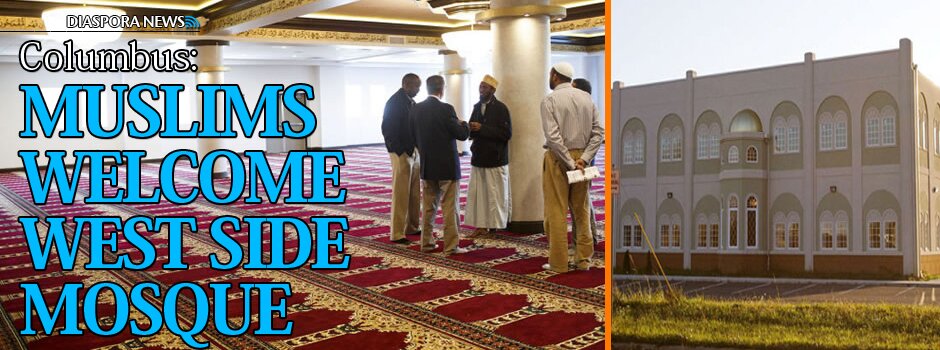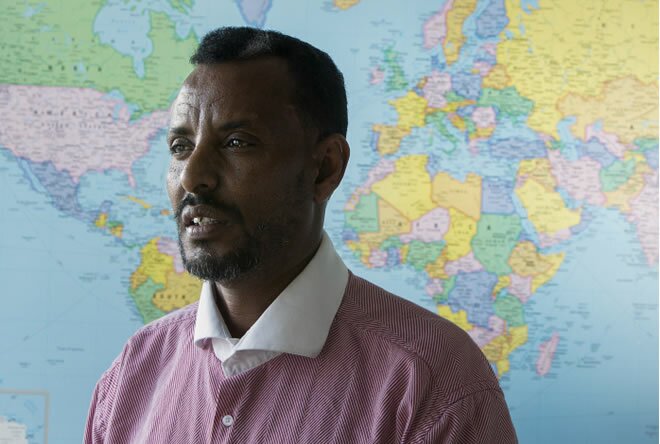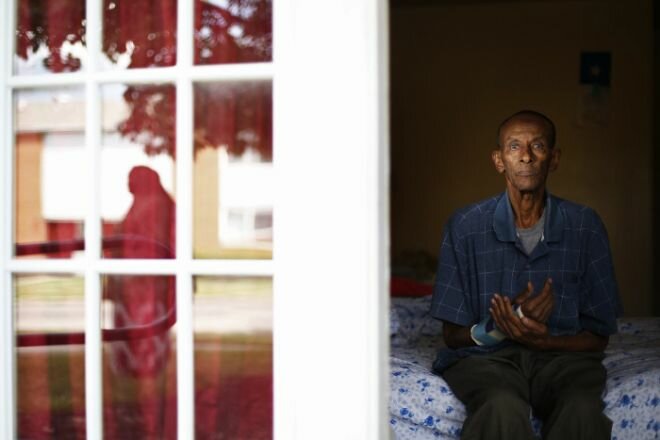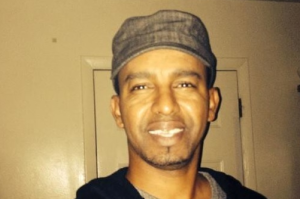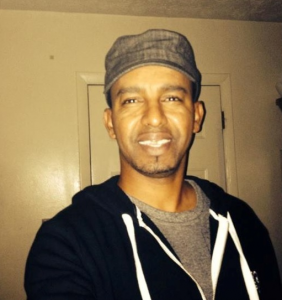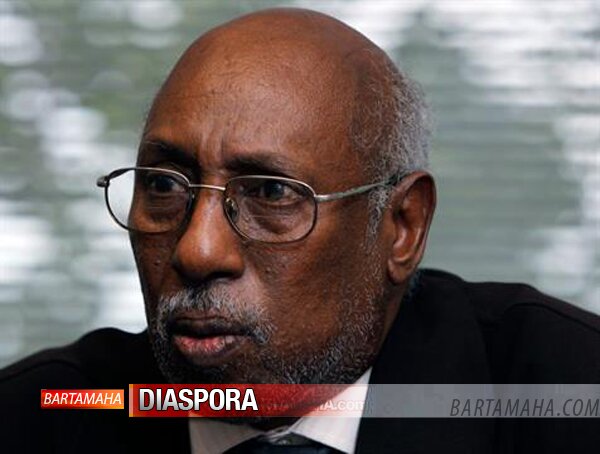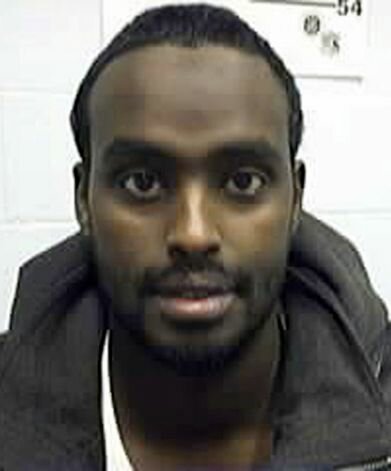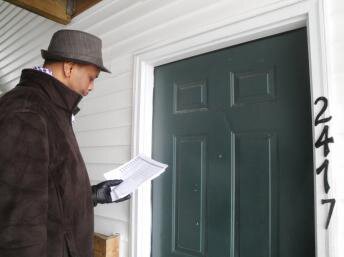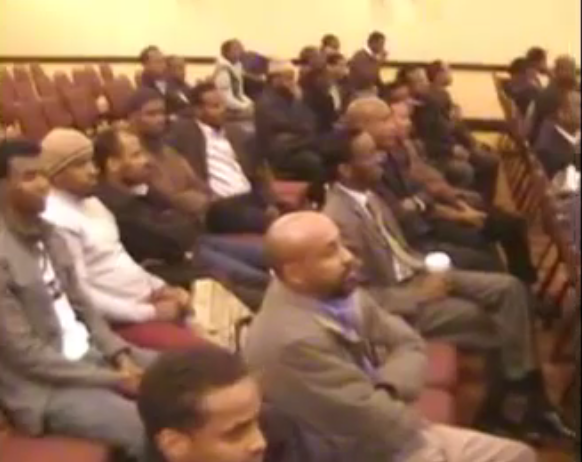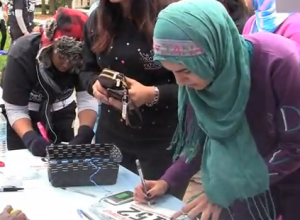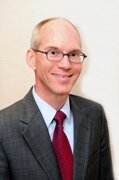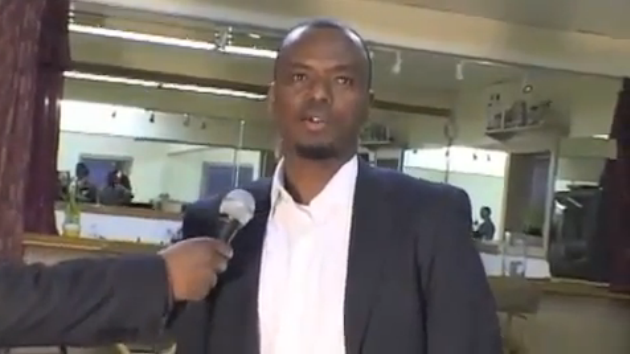Ohio: Young Somalis drawn to health-care careers
Nadia Mohamed was too young to remember the unsanitary living conditions and lack of medical care in the places she and her family stayed while trying to flee Somalia during its civil war.
But she got a glimpse of that life when her family returned to Africa seven years ago.
She saw patients sharing beds with only one doctor to serve them at a rural hospital in Kenya. She visited an orphanage that did not have enough medicine to treat all the sick children.
That’s when she knew she was going to be a nurse.
“It’s so sad, the quality of life they live in,” said Mohamed, 21, who plans to graduate from Mount Carmel College of Nursing in May. “When I came back, I knew I wanted to help.”
Somali youths are attracted to medical careers in part because of such personal experiences, said Hassan Omar, leader of the Somali Community Association of Ohio.
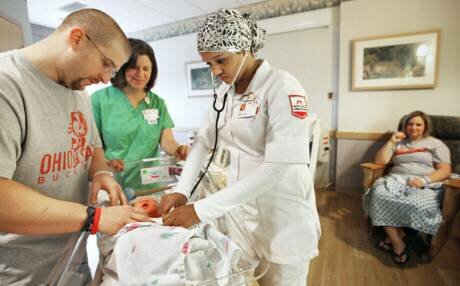
“They saw in their own eyes the shortage of doctors and nurses and other medical issues in refugee camps,” Omar said. “There may have been 50,000 or 100,000 people who were not able to get to a doctor.”
Several Somali college and high-school students say they want to return home to help other families in need, but they also recognize the need to help those living in Columbus.
“We have so many taboo subjects that we don’t cover in our culture, like vaccinations and STD prevention,” said Farhia Ibrahim, a nurse at Mount Carmel West.
She said many Somali families don’t seek medical attention for health and mental-illness issues, preferring to deal with them on their own.
“There is so much parents don’t understand,” said Ibrahim, who graduated from Mount Carmel College of Nursing in 2009. “So many of our traditions hurt us, not help us.”
At Columbus State Community College, about one-third of the 161 Somali students enrolled this fall signed up for health-related studies.
Sandra Arrighi, director of the college’s medical lab technology program, said she’s had Somali students who wanted to use their personal loss as a means to help others.
“One student saw his brother die because of a blood transfusion,” Arrighi recalled. “He said, ‘I want to know how to do that better and not have that happen again.’ ”
But there are cultural differences that come with the job they don’t expect.
In some areas of Somalia, female nurses cared for only women, and they didn’t handle urine or blood. Muslim Somali nurses could tend to single men only if the patients were comatose.
“There are a lot of different nuances and an idea of what nursing is in Somalia,” said Kathy Espy, director of community involvement and minority affairs for Mount Carmel College of Nursing. “ In the U.S., when you’re a nurse, you take care of men, women and children. You get thrown up on. You get blood on you, and you get dirty. (Somali students) have to reconcile with that.”
Younger generations of local Somali students who didn’t experience life in the camps say they’ve been encouraged to pursue careers in the health-care field in hopes of getting a job directly after college.
But several high-school students say they’ve been inspired by family members and friends who are nurses, doctors and dental assistants.
Asha Basha, a sophomore at Hilliard Davidson High School, has an aunt and cousin who are nurses, and her mother is attending Otterbein University to become a nurse.
“Since my mom, my aunt and my cousin are trying to help people, I wanted to do that, too,” said Basha, who wants to study to become a pediatrician.
Comments
comments
 Calendar
Calendar





